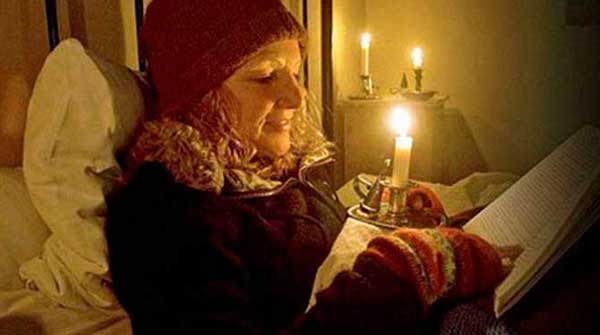Cost of carbon taxes for Albertans by 2030: $3,930 per year. Cost for Saskatchewanians: $2,840
On July 1, Canada celebrated its 156th birthday.
Your present from Prime Minister Justin Trudeau? A second carbon tax.
Trudeau buried a second carbon tax in fuel regulations that took effect on Canada Day.
 Franco Terrazzano |
 Kris Sims |
Here’s how it works: fuel producers are required to reduce the carbon content of their products. If they can’t meet Trudeau’s requirements, they’ll be forced to buy credits. Those costs will then be passed to consumers through higher pump prices.
This second carbon tax doesn’t replace Trudeau’s first one. It’s layered on top of it. And there are no rebates with the second carbon tax.
It’s not yet known how much Trudeau’s second carbon tax will cost us right out of the chutes. However, the Parliamentary Budget Officer calculates that it will inevitably cost Alberta and Saskatchewan big time.
When the regulatory requirements are fully implemented in 2030, the second carbon tax will add about 17 cents to the cost of a litre of gasoline and about 16 cents to a litre of diesel.
That means it will cost about $20 extra to fill up a pickup truck and about $160 extra to fill the tanks on a big rig truck.
Since nearly everything we eat and use is delivered to us on trucks that use diesel, this second carbon tax is another “tax on everything.”
That’ll add up fast.
The PBO says average Alberta families will be forking over $1,157 extra per year because of the second carbon tax by 2030, while households in Saskatchewan will pay about $1,117 more.
Within seven years, the combined punishment of Trudeau’s two carbon taxes will cost average Alberta families $3,930 and Saskatchewan families $2,840 more per year. That even accounts for the rebates Trudeau sends with his first carbon tax.
By 2030, the two carbon taxes will increase the price of gas by about 55 cents per litre.
Trudeau’s two carbon taxes will impact families living in Alberta and Saskatchewan more than families living in any other province. Both prairie provinces are cold, and families need fossil fuels just to survive the winter months. Both provinces require driving long distances between cities. And both provincial economies rely on producing the fuels that heat homes and keep the rest of Canada moving.
Because of these facts of life in Alberta and Saskatchewan, Trudeau’s two carbon taxes will cost the average prairie family about $500 more than families in any other province.
Here’s the kicker: you’re being punished with carbon taxes, and it’s not fixing the problem.
With Canada making up just 1.5 percent of global emissions, the PBO notes that “Canada’s own emissions are not large enough to materially impact climate change.”
More than three-quarters of countries don’t have a national carbon tax. As of Canada Day, you’re paying two.
Fortunately for Albertans, Premier Danielle Smith is trying to eliminate the cost of Trudeau’s first carbon tax at the pumps by suspending the provincial fuel tax on gasoline and diesel. That move saves 13 cents per litre.
But that won’t save Western Canadians from the first carbon tax and the second carbon tax layered on top of it in the long run.
We need both federal carbon taxes scrapped.
Franco Terrazzano is the Federal Director and Kris Sims is the Alberta Director of the Canadian Taxpayers Federation.
For interview requests, click here.
The opinions expressed by our columnists and contributors are theirs alone and do not inherently or expressly reflect the views of our publication.
© Troy Media
Troy Media is an editorial content provider to media outlets and its own hosted community news outlets across Canada.
